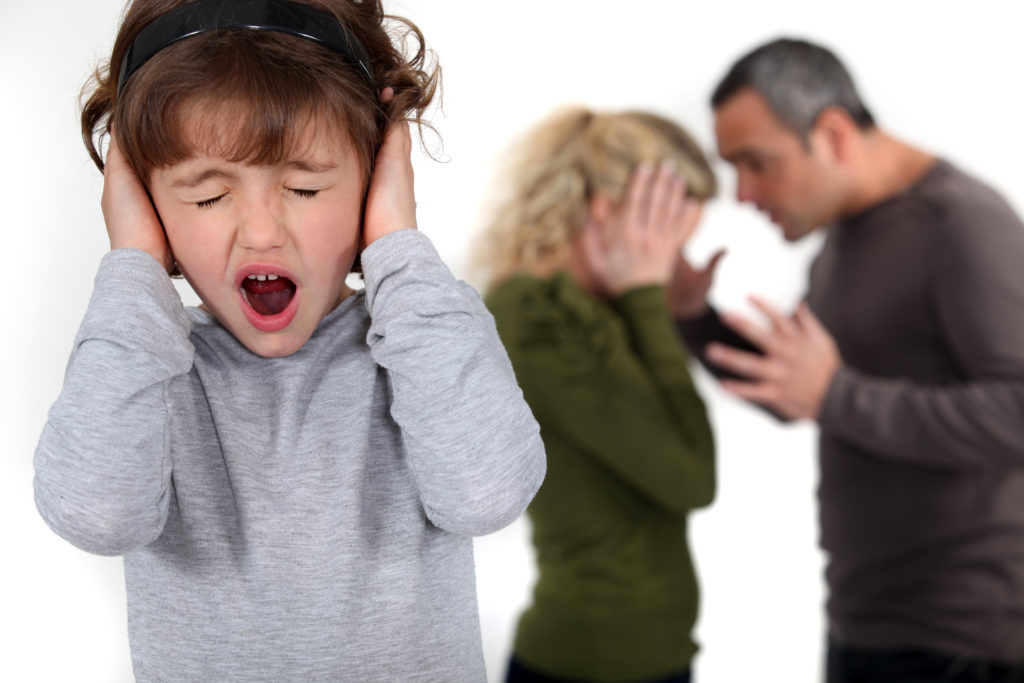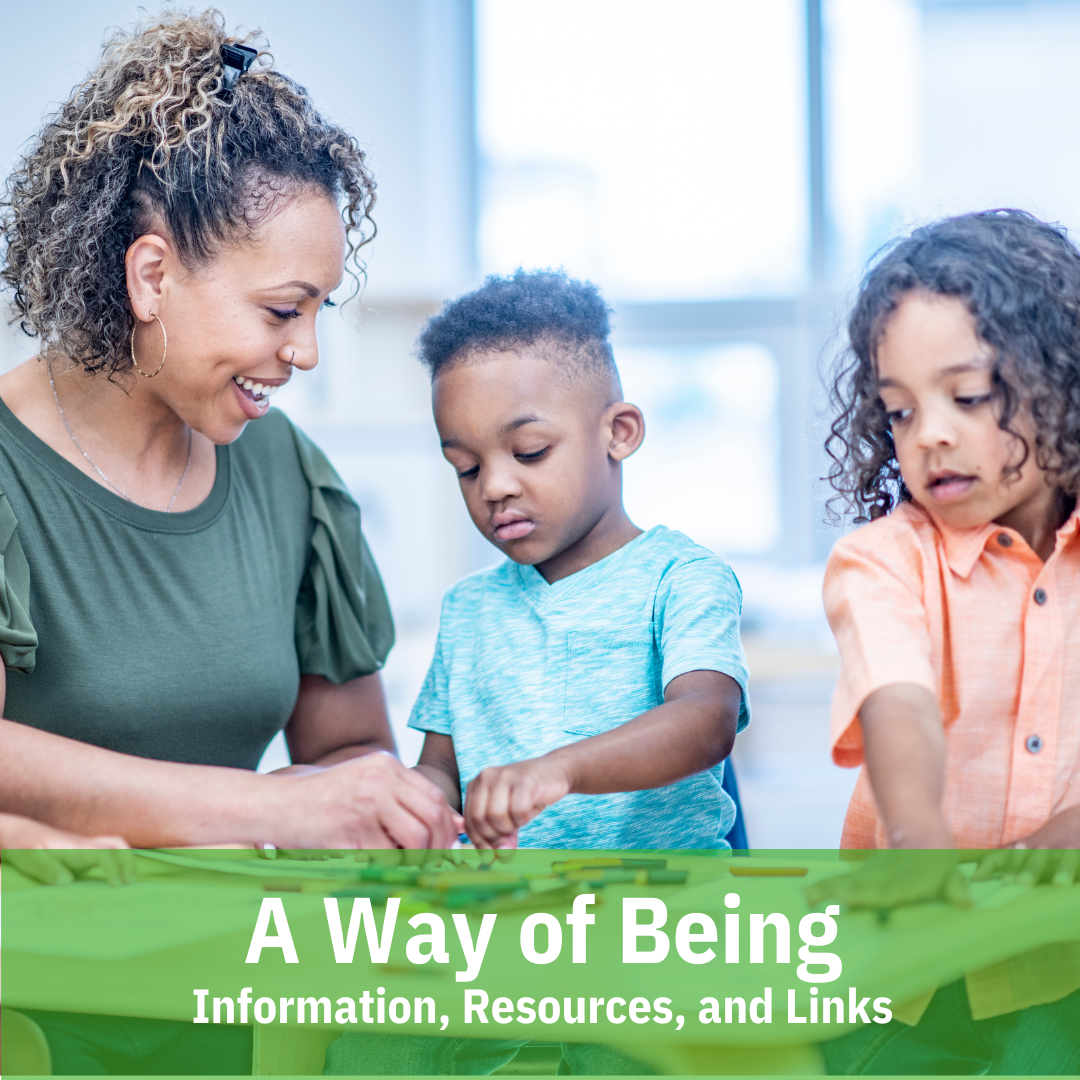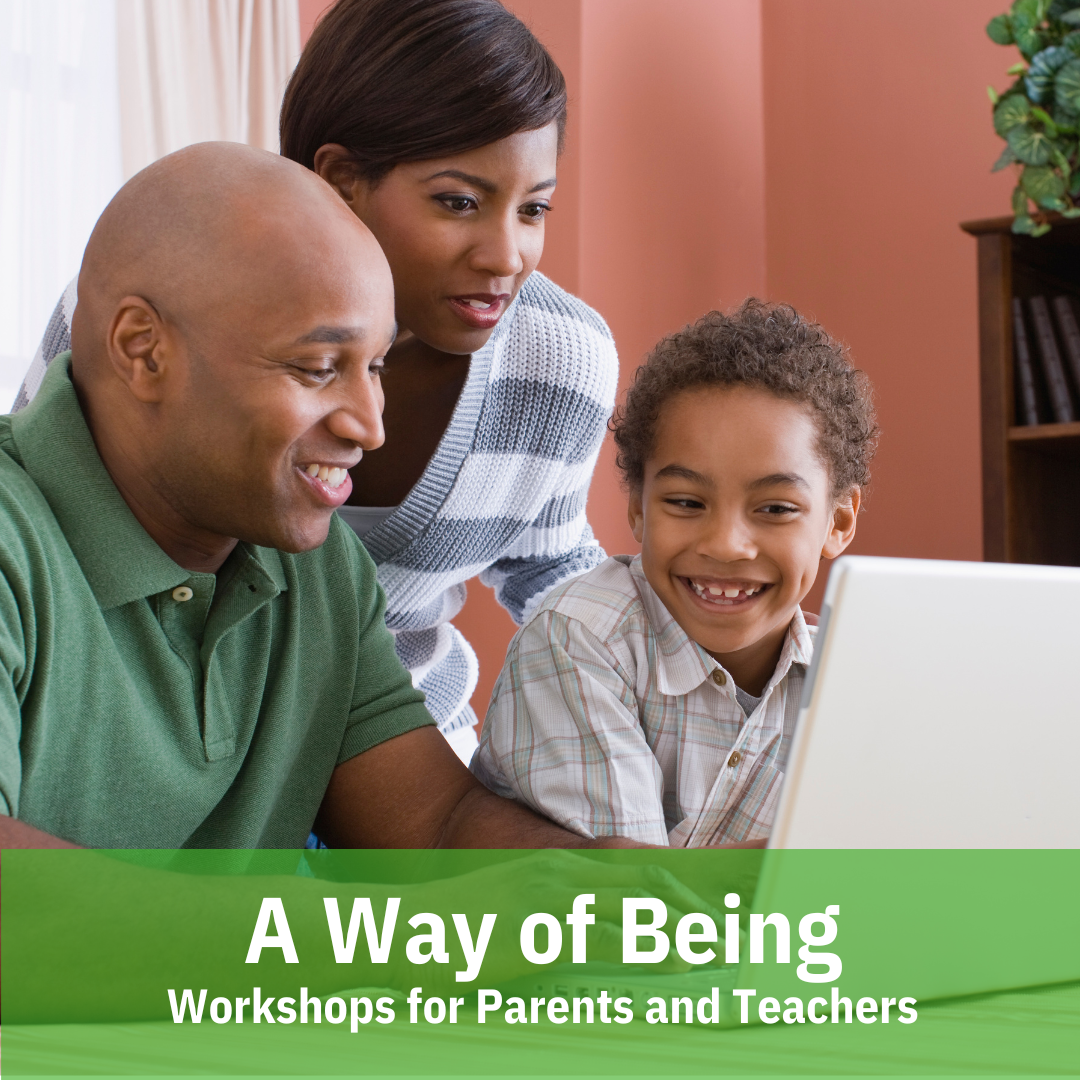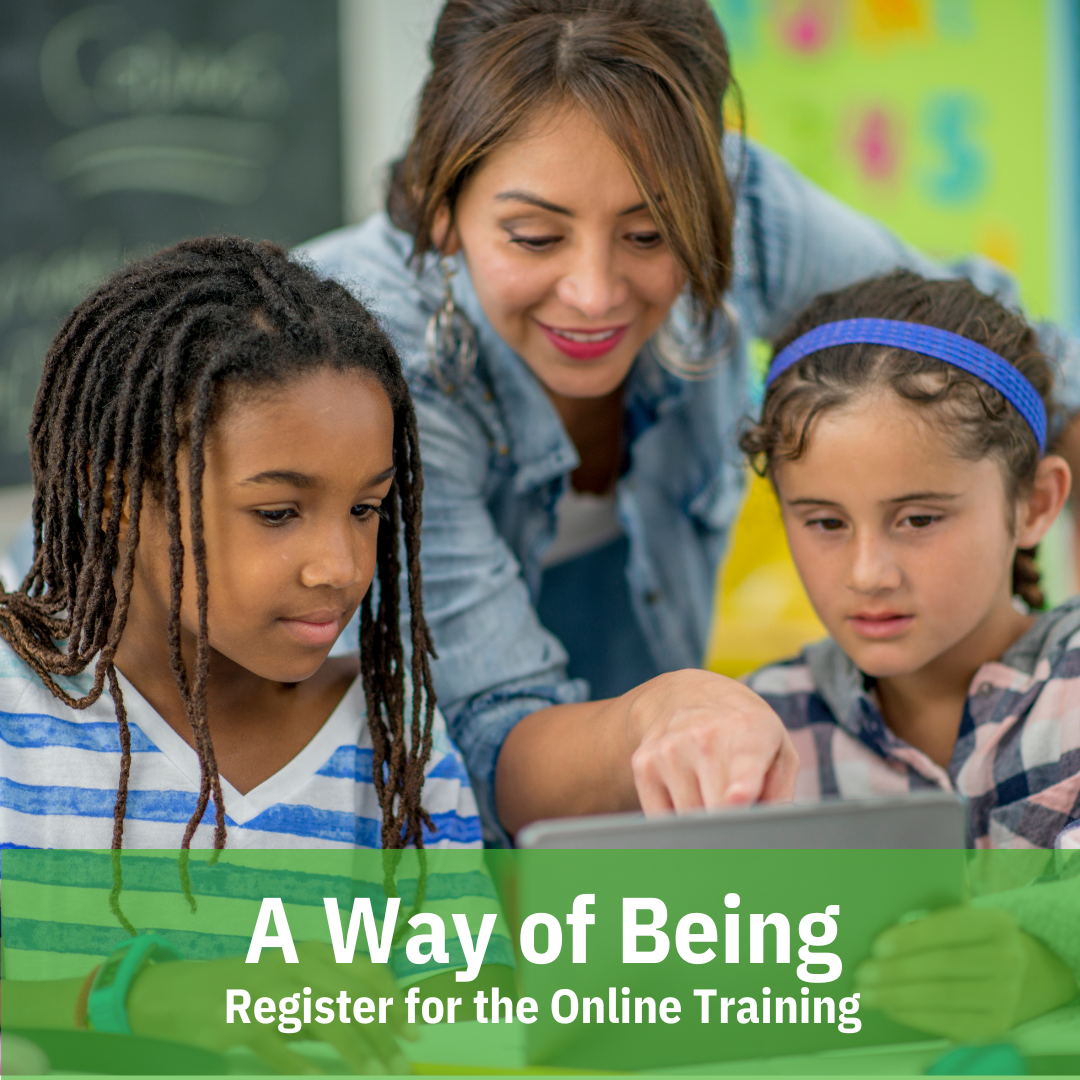
Impact of Trauma on Children
Child traumatic stress occurs when children are exposed to traumatic events or traumatic situations, and when this exposure overwhelms their ability to cope with what they have experienced.
Every month in Palm Beach County, an average of 50 children under the age of six are removed from their homes due to abuse, neglect, or domestic violence.
Many abused or neglected children have difficulty developing a strong healthy attachment to a caregiver.
Children who do not have healthy attachments are more vulnerable to stress, have trouble controlling and expressing emotions, and may react violently or inappropriately to situations.
Program Model
Education and promotion of trauma-informed care throughout child welfare and juvenile justice systems, including:
- Multimedia ACEs and Trauma-Informed Care awareness;
- Community-wide PACEs (Positive and Adverse Childhood Experiences), toxic stress, and trauma education;
- Free, online access to A Way of Being with Children: A Trauma-Informed Approach for Building Resilience workshops and curriculum;
- Information and resources for schools, organizations, and communities on PACEs, through resources and our toolkit;
- Leadership and community-wide training, advocacy, and awareness efforts through our Fighting ACEs Initiative.
- PACEs, TIC, and Child Development training for child welfare staff, Department of Juvenile Justice, local law enforcement, attorneys and judges, foster care agencies, staff at group homes, community partners, and families; and
- Online, on-demand and live virtual trainings for parents and caregivers.
Center for Child Counseling's A Way of Being With Children: A Trauma-Informed Approach to Building Resilience provides the foundation for our approach with foster and adoptive parents, child serving agency staff, and other adult caregivers.
Targeted, early intervention and support for foster parents, relative caregivers, and other caregivers and system partners to mitigate the impact of ACEs and trauma through positive, buffering relationships:
- Relative caregiver support groups with concurrent play groups for children;
- Targeted foster parent, relative caregiver, and child welfare staff workshops;
- Continual identification of needs, with triage, and referral to system partners;
- Individualized assessment, crisis intervention, and mental health consultation to address specific behaviors and concerns;
- SNAP ® (Stop Now and Plan), an evidence-based cognitive-behavioral model for teaching children struggling with behavioral issues, and their caregivers, effective emotional regulation, self-control, and problem-solving skills as a diversion for involvement in the juvenile justice system.
- Online education through A Way of Being with Children workshops, downloadable and printed tip sheets, videos, and resources to promote positive adult-child relationships.
- Assessment of children and family immediately after abuse report via collaboration with the Department of Child and Families (DCF) and ChildNet;
- Collaboration with Children's Legal Services/Public Defender's office to advocate on behalf of children in care with concurrent involvement with the Department of Juvenile Justice (DJJ) on individual basis; and
- Collaboration with Therapeutic Court and Early Childhood Court (ECC) to reduce mental health and juvenile incarceration recidivism, increase family cohesion, and decrease family separation.
Support and Evidence-Based Mental Health and Trauma Treatment for Children, Parents, Caregivers, and Families, including:
- Individual, Group, and Family Therapy;
- Weekly Play Therapy Groups for children in care;
- Office, Community, and/or Home-Based Individual and Family Therapy;
- Collaboration with Therapeutic Court, Early Childhood Court (ECC), DCF, ChildNet, and Friends of Foster Children to provide therapy for children in care;
- Trauma-informed treatment including Play Therapy, Eye Movement Desensitization Reprocessing (EMDR), and other evidence-based treatment; and
- Appropriate Referrals and Linkage for Physical, Speech, Occupational and Other Developmental Concerns and Basic Needs.
Evidence-Based Trauma Treatment Models
Depending on presenting issues and needs, our therapists have training and supervision in an array of evidence-based treatment models, including Child-Parent Psychotherapy (CPP), Filial Therapy, Cognitive Behavioral Therapy (CBT), Trauma-Focused Cognitive Behavioral Therapy (TF-CBT), and Eye Movement Desensitization and Reprocessing (EMDR).
Foster and Adoptive Mother, and Child Advocate
About Bailey Highes
Bailey Hughes is a wife, mother, and former special educator for the Palm Beach County School District. Over the last 5 years, Bailey and her husband fostered twenty-three children and adopted 4 of those children.
Through this process, Bailey has seen the deep trauma that children within Palm Beach County are experiencing on a daily basis and has personal experience with seeing how mental health can affect not only a child but their family.
Bailey is an active advocate in the child welfare system, Board Director at Center for Child Counseling, and co-founder of The Hands and Feet. The nonprofit was developed to serve the immediate needs of foster and kinship families taking in a new child.
Improve Your Way of Being with Children
Free resources for using a trauma-informed approach to addressing challenging behaviors, promoting positive caregiver-child relationships, and developing overall wellbeing and resilience.




